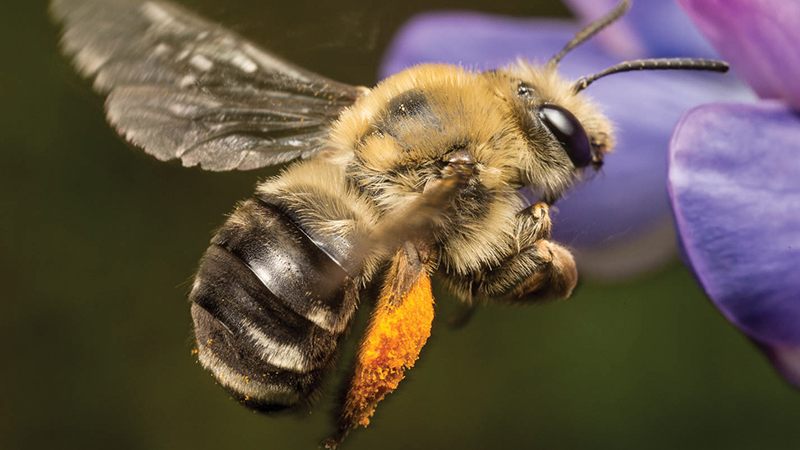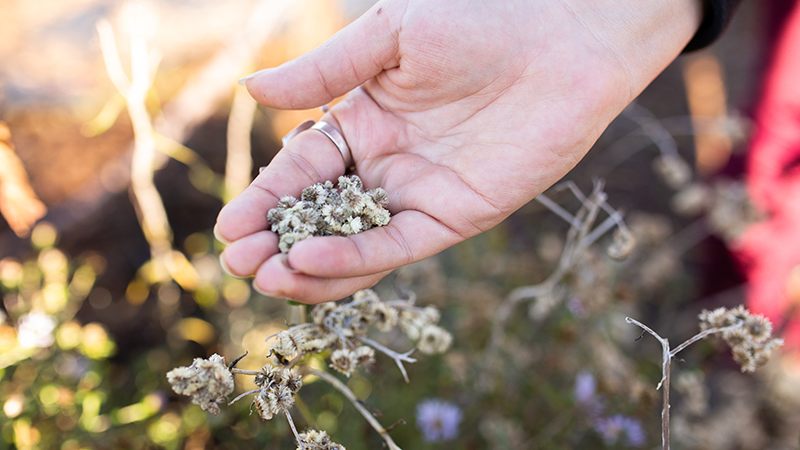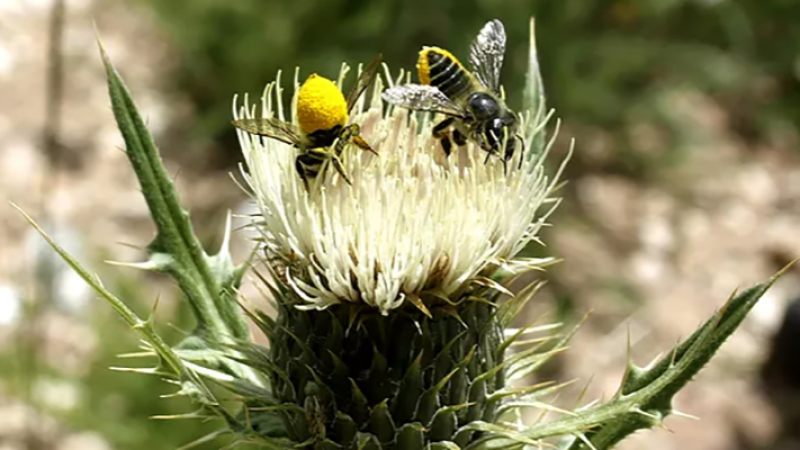Pollinator Health & Food Security
Our food security is closely intertwined with the health and vitality of the planet's pollinators, which are, in turn, dependent on healthy ecosystems.
What we are doing
Healthy and diverse pollinator populations are an integral piece in the larger picture of worldwide health and nutrition. Bees and other pollinating insects are crucial to the food produced by more than 2.5 billion small farmers worldwide. Research shows that if pollination is managed well on small diverse farms, crop yields increase by a statistically significant median of 24 percent.
Learn more about What You Can Do to Save Bees (PDF) | Read about Cultivating Bee-Friendly Gardens
Projects

Save Oregon's Bees
Oregon’s Native Bees Are In Steep Decline!
Native bees, such as bumblebees and solitary bees that provide essential pollination for food crops, seed production and native plants, are in trouble. Many species are at risk of extinction. As pollinator populations decline, the lower production of healthy fruits and vegetables is placing the entire natural system in peril. Learn more

Pollinator Garden
Building Native Pollinator Habitat in West Eugene
We are rehabilitating a small patch of beneficial insect habitat in West Eugene. This project is a partnership with Huerto de la Familia to serve Latinx and underserved community members who grow food their families need in the garden behind Kennedy Middle School. Food scarcity is a serious issue for working families.

Apiaries on Public Lands
Project Eleven Hundred (named after the 1,100 native bee species that live in Utah and the average number of native bee species in the four Colorado Plateau states) is a small nonprofit organization focused on preventing and ending the placement of honey bee apiaries (groups of honey bee hives) on Forest Service and Bureau of Land Management (BLM) lands on the Colorado Plateau --- and now in Oregon as well. Learn more Learn more




